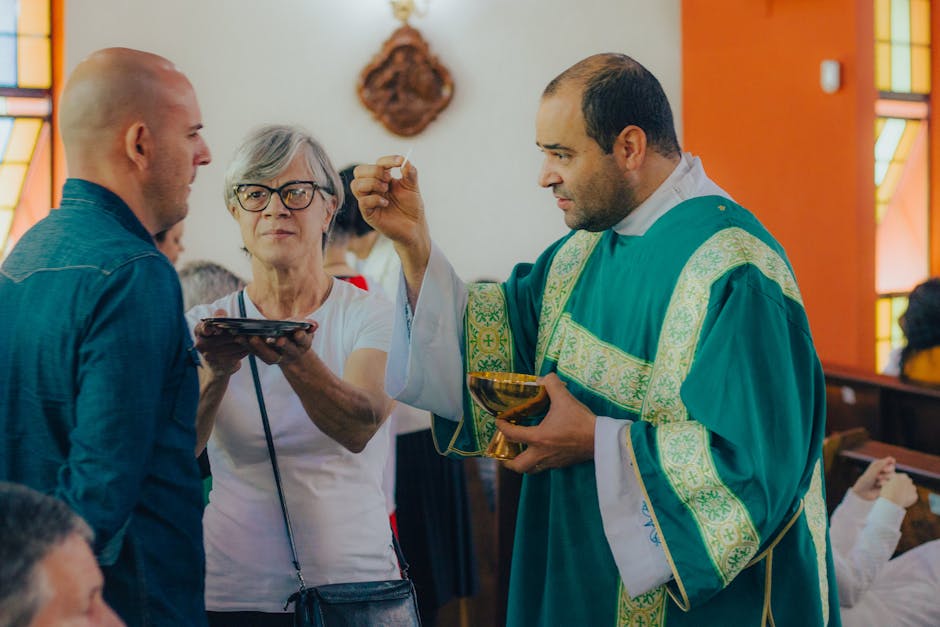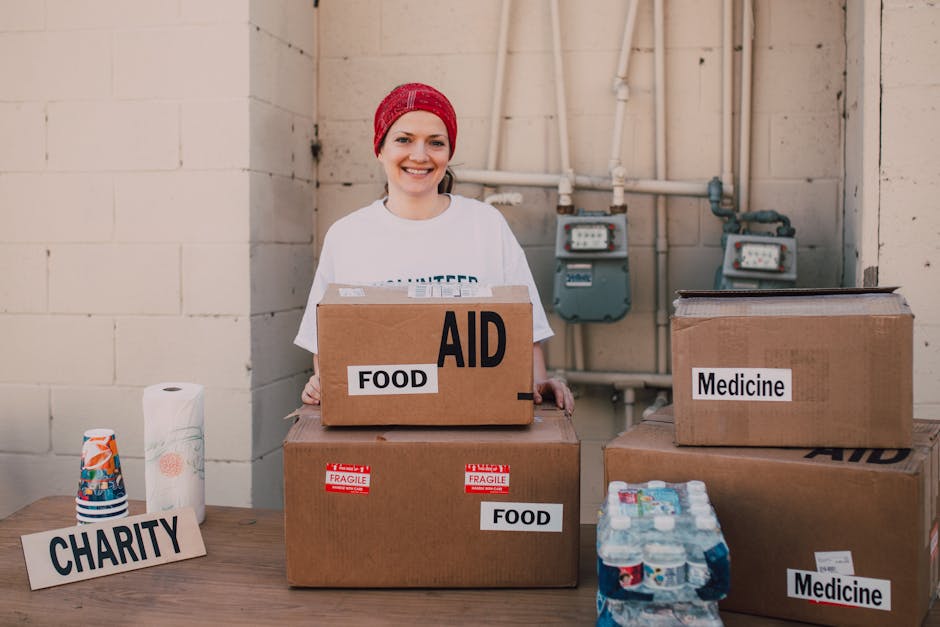In the Catholic tradition, marriage is not simply an event but a sacred covenant and lifelong journey. While couples naturally focus on planning the perfect wedding day, the Church emphasizes preparation that extends far beyond the ceremony itself. Catholic marriage preparation is designed to equip couples with the spiritual foundation, practical tools, and community support needed for a lifetime of faithful commitment.
The Sacramental Foundation
At the heart of Catholic marriage preparation is understanding marriage as a sacrament—a visible sign of God’s invisible grace. Unlike civil ceremonies or secular unions, Catholic marriage is viewed as a covenant between the couple and God, where spouses become living symbols of Christ’s faithful love for the Church.
This theological understanding shapes the entire preparation process. Couples are invited to recognize that they are not merely planning an event but preparing for a vocation that will transform their lives and potentially the lives of their children. The preparation period becomes a time to deepen their relationship with each other and with God, setting the stage for a marriage that goes beyond romantic love to encompass sacrificial commitment.
Components of Catholic Marriage Preparation
Most Catholic dioceses require couples to begin marriage preparation at least six months before their wedding date. This preparation typically includes several components:
Initial Meeting with the Parish Priest
The journey begins with a meeting with the parish priest or deacon who will witness the marriage. This initial conversation allows the clergy to get to know the couple, explain the preparation process, and address any preliminary questions or concerns, including potential impediments to marriage in the Church.
Pre-Marital Inventory
Many parishes utilize assessment tools like FOCCUS (Facilitating Open Couple Communication, Understanding, and Study) or Prepare/Enrich. These questionnaires help couples identify areas of strength and potential growth in their relationship. Unlike secular compatibility tests, these Catholic-oriented assessments include dimensions of faith and spirituality alongside communication, finances, and family planning.
Marriage Preparation Course
Couples typically attend a marriage preparation course, which may take the form of a weekend retreat, a series of evening sessions, or an online program. These courses cover essential topics including:
- Communication skills and conflict resolution
- Financial management as a couple
- Natural Family Planning and the Church’s teachings on sexuality
- Building a shared spiritual life and domestic church
- Understanding the marriage vows and commitment
- Balancing relationships with extended family
Mentor Couple Program
Many parishes connect engaged couples with married mentor couples who share their lived experience of Catholic marriage. These relationships provide practical wisdom and ongoing support that extends beyond the wedding day, giving engaged couples realistic models of married life.
Liturgical Planning
While this component directly relates to the wedding day, liturgical planning in Catholic preparation goes beyond selecting readings and music. Couples are invited to understand the theology behind the wedding liturgy and how it establishes the foundation for their shared life.
Preparing for a Lifetime, Not Just a Day
What distinguishes Catholic marriage preparation is its intentional focus on the decades that follow the wedding day. Several key aspects highlight this long-term perspective:
The Permanence of Commitment
Catholic preparation emphasizes the permanent nature of marriage vows. Couples are encouraged to discuss what “until death do us part” means in practical terms and how they will navigate challenges that inevitably arise. This includes conversations about fidelity, sacrifice, and perseverance when facing difficulties.
Family as a Domestic Church
Catholic preparation introduces the concept of the family as a “domestic church”—the primary place where faith is lived and passed on to future generations. Couples discuss how they will pray together, celebrate liturgical seasons, and create a home environment that nurtures faith.
Natural Family Planning Education
Rather than treating fertility as a medical condition to be managed, Catholic preparation introduces couples to Natural Family Planning (NFP). Beyond its practical application for achieving or postponing pregnancy, NFP education fosters ongoing communication, mutual respect, and shared responsibility in the intimate aspects of marriage.
Vocational Discernment
Marriage preparation frames the decision to marry as a vocational discernment. Couples are encouraged to see their relationship as a specific call from God and to consider how their marriage will serve not only their mutual happiness but also the wider community and Church.
Challenges and Contemporary Adaptations
Modern Catholic marriage preparation faces significant challenges in a culture that often views marriage as temporary or primarily focused on personal fulfillment. Many couples come to marriage preparation already living together or with limited understanding of Catholic teaching.
In response, many dioceses have developed more comprehensive and flexible approaches:
- Online components that accommodate busy schedules
- Programs specifically designed for couples in special circumstances (interfaith marriages, remarriages, or couples with children)
- Ongoing marriage enrichment opportunities for newlyweds and beyond
- Integration of modern relationship science while maintaining theological foundations
The Fruits of Thorough Preparation
Research consistently shows that couples who participate in comprehensive marriage preparation have lower divorce rates and report higher marital satisfaction. For Catholic couples specifically, preparation that integrates faith with practical skills provides several long-term benefits:
- A shared vocabulary and framework for addressing challenges
- Integration into parish communities that provide ongoing support
- Tools for maintaining intimacy throughout different life stages
- A deeper understanding of the sacramental nature of their commitment
- Resources for raising children in the faith
Conclusion: A Beginning, Not an End
Catholic marriage preparation is best understood not as a hoop to jump through before the wedding but as the beginning of a lifelong journey. The most effective preparation plants seeds that will continue to bear fruit throughout the couples’ married life.
As Pope Francis noted in Amoris Laetitia: “Marriage preparation should be a kind of ‘initiation’ to the sacrament of matrimony, providing couples with the help they need to receive the sacrament worthily and to make a solid beginning of life as a family.”
By focusing beyond the wedding day, Catholic marriage preparation offers couples not just a beautiful ceremony but a foundation for a meaningful, faithful, and lasting union—a true domestic church where human love reflects divine love in a tangible way.




